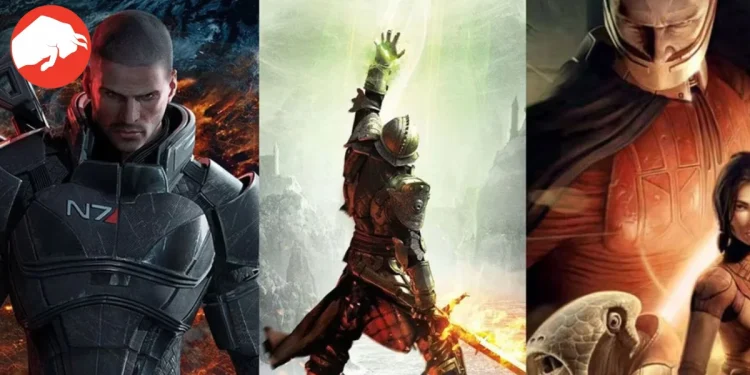BioWare’s Gaming Legacy: Ranking Their Iconic RPGs
Since its inception in 1995, BioWare has been a prominent name in the video game industry, known for creating some of the most captivating RPGs. This Canadian developer’s journey through the realms of Star Wars, fantasy, and sci-fi has left a significant impact on the gaming world. Here, we explore and rank the mainline games from BioWare, highlighting their influence and legacy.
1. Star Wars: Knights of the Old Republic – A Galactic Masterpiece
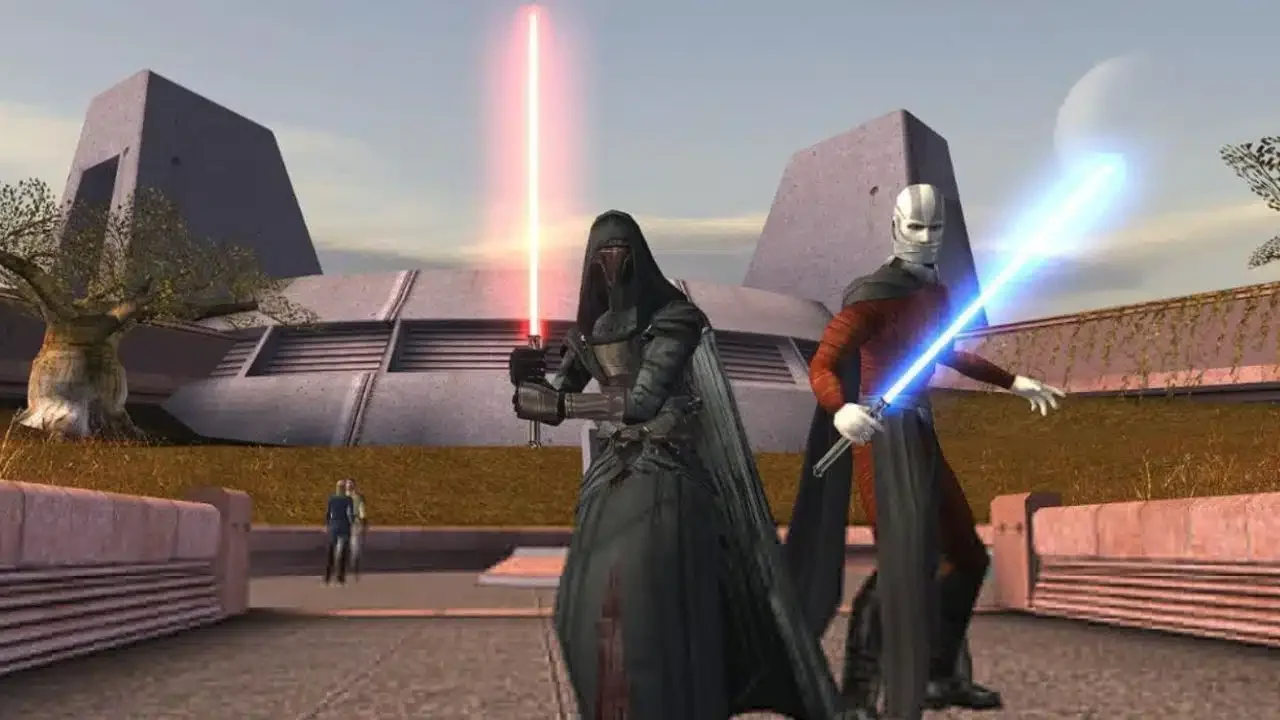
“Star Wars: Knights of the Old Republic” (2003) stands as a testament to BioWare’s ability to craft an immersive and strategic RPG experience. This game allows players to explore a galaxy far away from the movie lore, offering a rich narrative with consequential choices. It remains a high point in BioWare’s history, blending an intricate story with deep character customization.
2. Mass Effect Legendary Edition – A Trilogy of Galactic Proportions
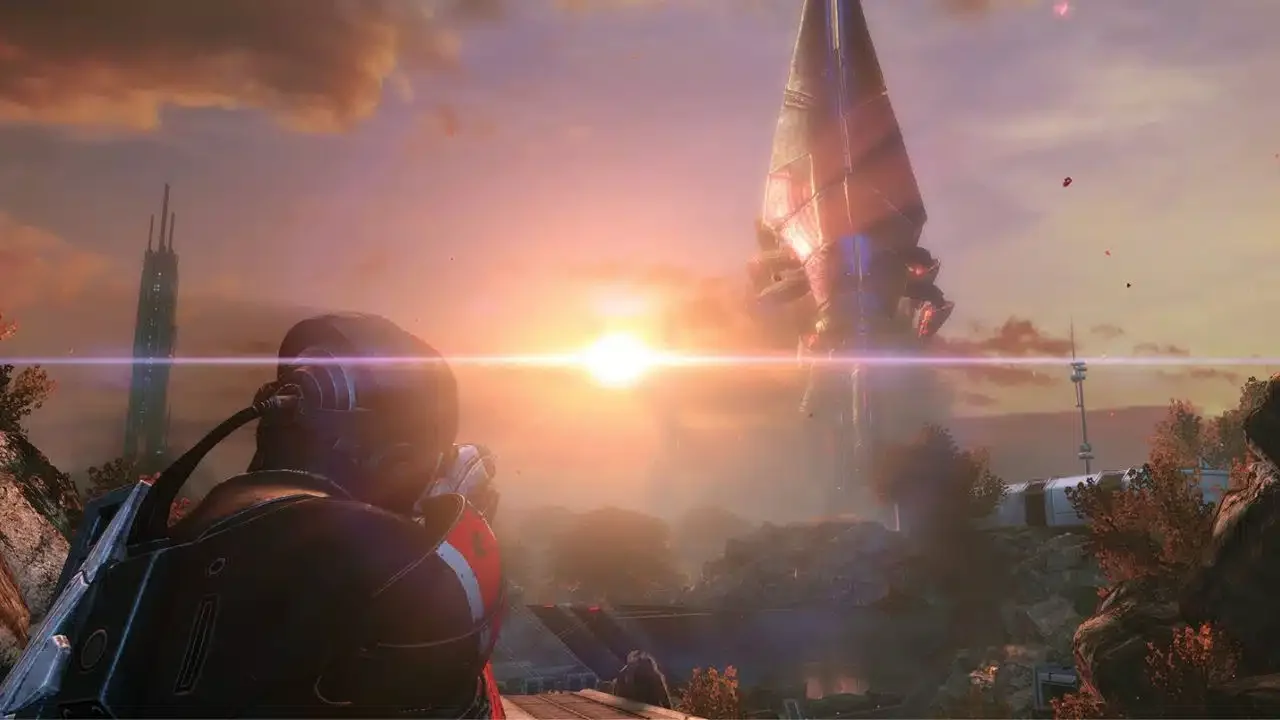
“Mass Effect Legendary Edition” (2021) offers the definitive way to experience the first three games of the Mass Effect series. With modernized graphics and gameplay improvements, this collection highlights the depth and freedom of player choice that has become synonymous with the series.
3. Dragon Age: Origins – A New Fantasy World
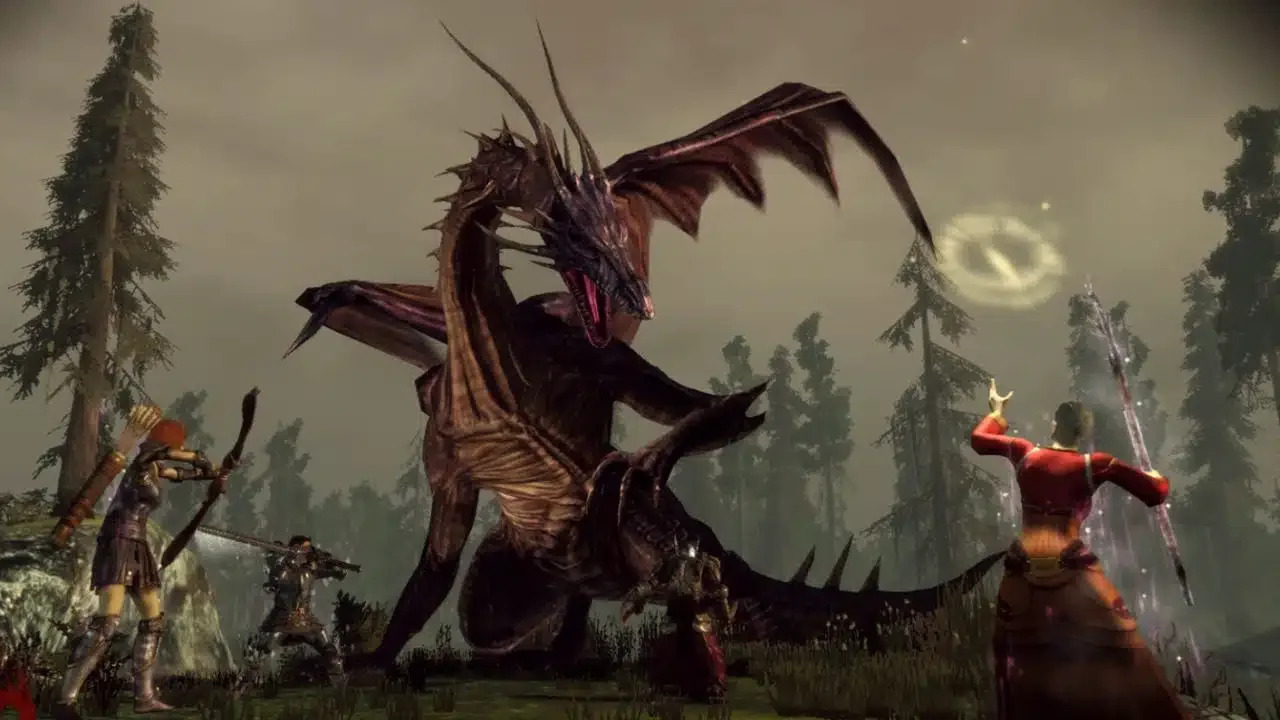
“Dragon Age: Origins” (2010) marked the beginning of BioWare’s signature fantasy universe. The game’s mix of races, religions, and rich history, coupled with multiple origin stories affecting gameplay, makes it a standout in the RPG genre.
4. Jade Empire – A Martial Arts Marvel
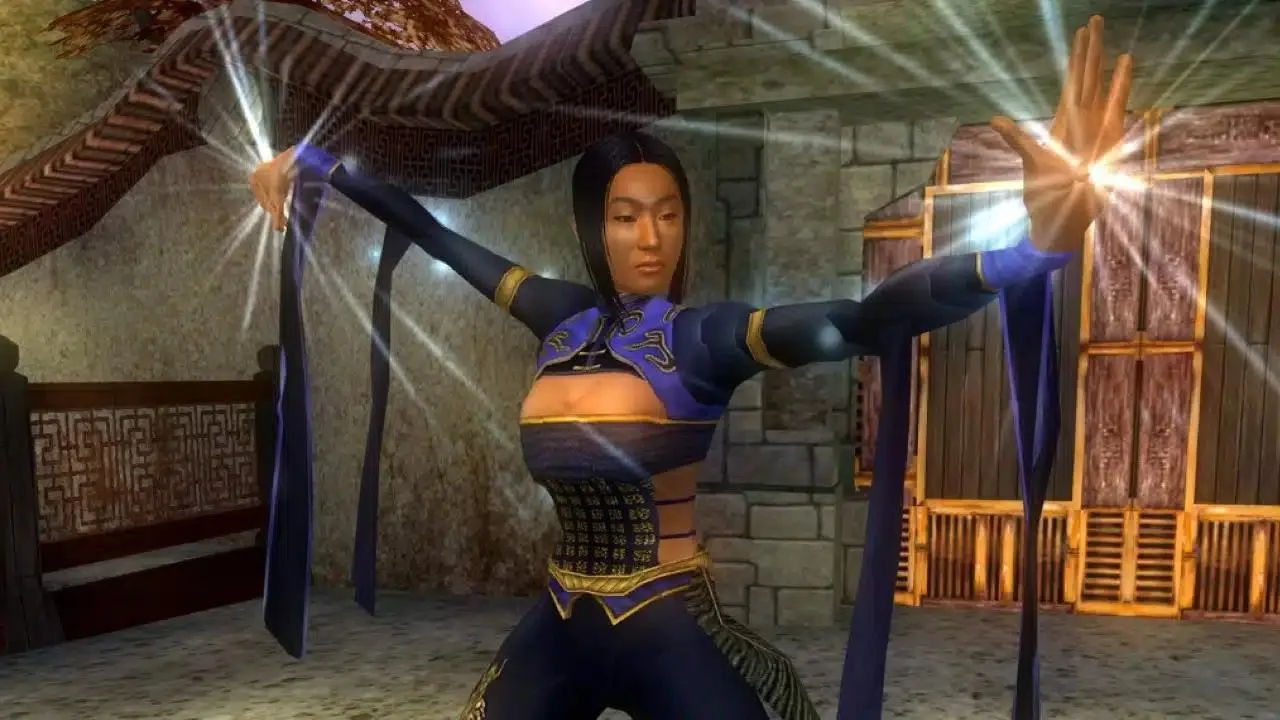
“Jade Empire” is a unique entry in BioWare’s portfolio, offering an ancient Chinese-inspired world. Its blend of martial arts action and classic BioWare storytelling makes it a memorable experience, despite not receiving a sequel.
5. Mass Effect 2 – The Sci-Fi Saga Continues
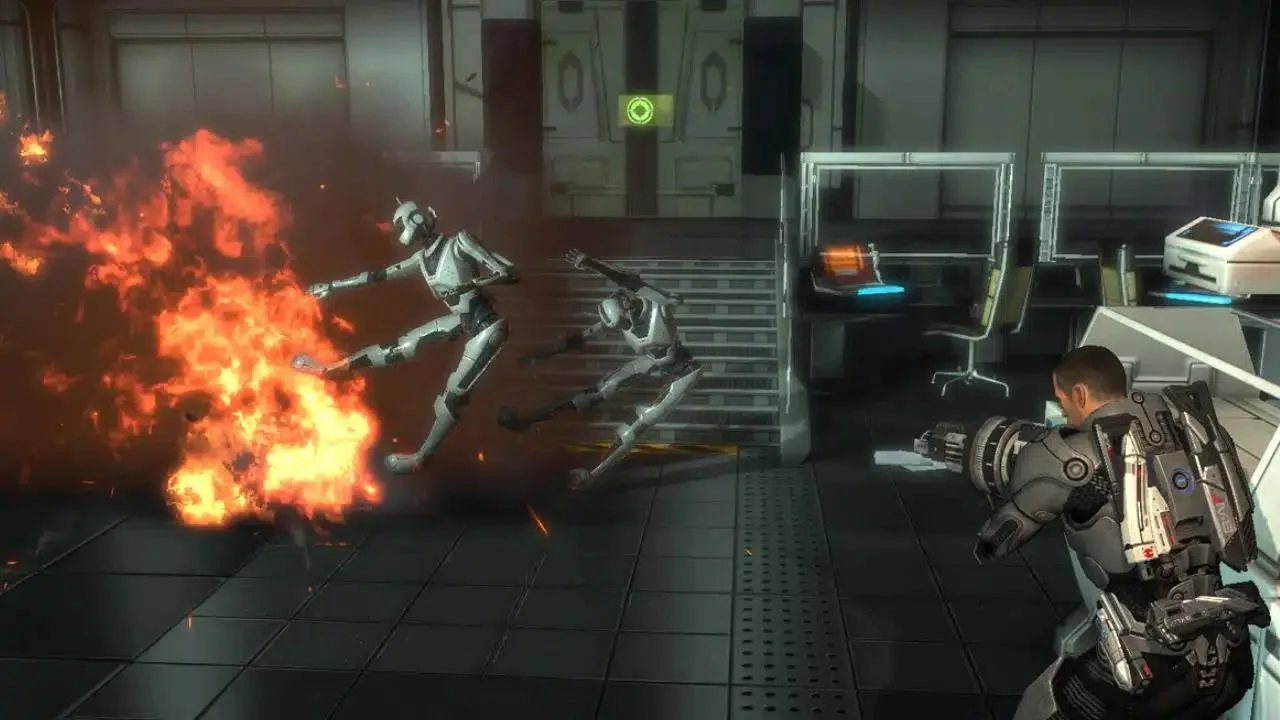
“Mass Effect 2” (2010) is renowned for refining the original’s formula and providing a gripping narrative. While it scales back on some exploratory elements, its strong character development and story make it a highlight of the Mass Effect series.
6. Star Wars: The Old Republic – MMORPG Excellence
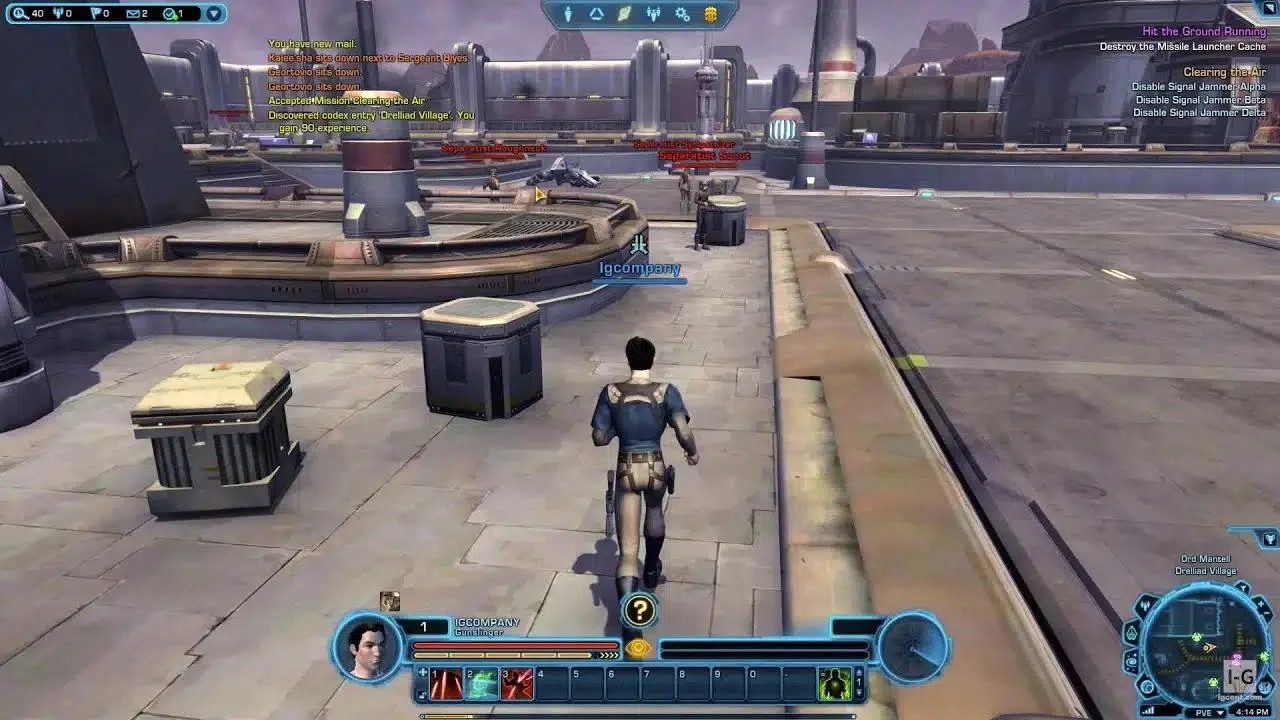
“Star Wars: The Old Republic” is an MMORPG that pays homage to the KOTOR series. With a focus on player-driven narratives, it offers a depth of classes and factions unmatched in the MMO genre.
7. Mass Effect 3 – An Epic Conclusion
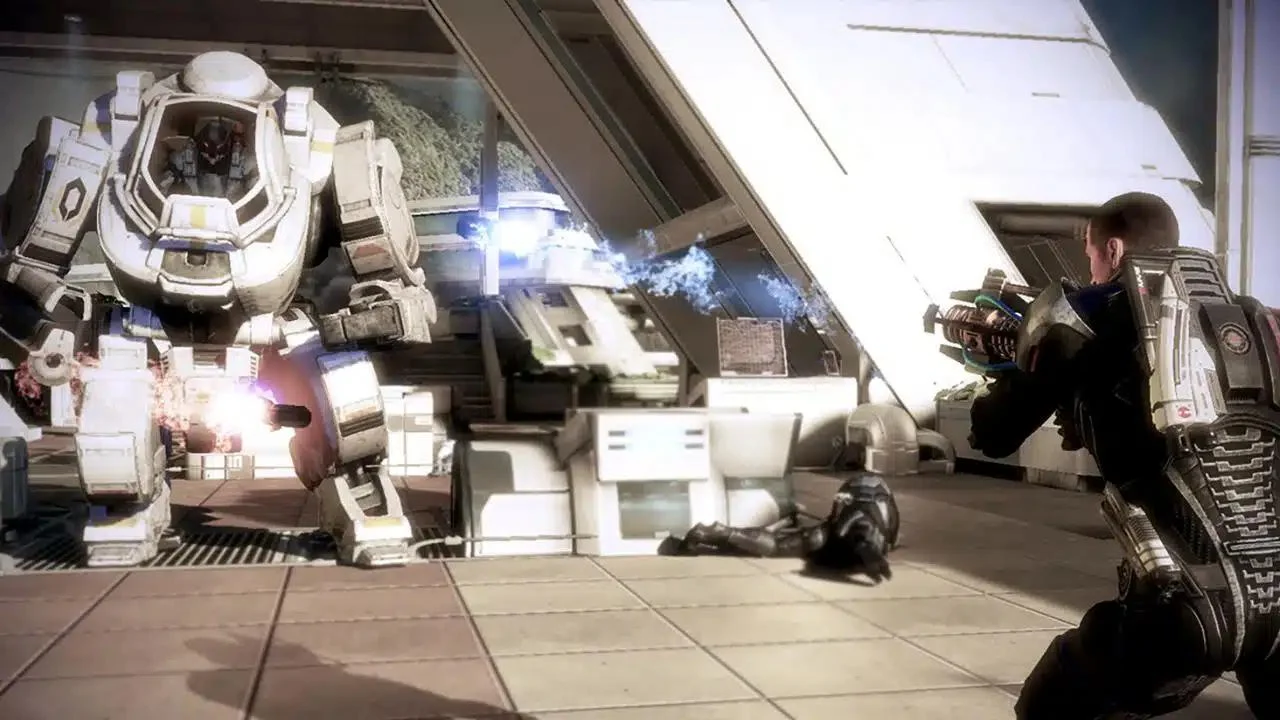
“Mass Effect 3” (2012) faced some criticism for its ending, but it stands as a significant achievement in gaming. It skillfully wraps up the complex narrative web of the trilogy, featuring an engaging story and excellent multiplayer.
8. Neverwinter Nights – A 3D RPG Adventure
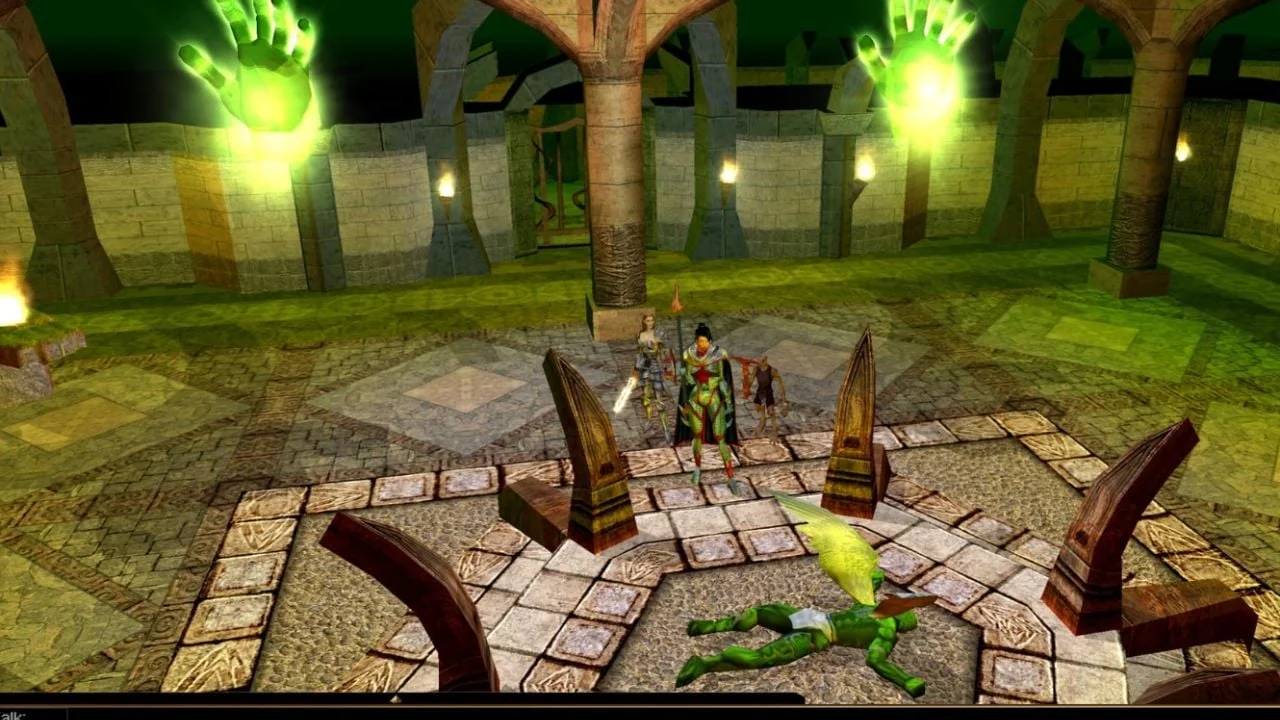
“Neverwinter Nights” (2002) continued BioWare’s partnership with Wizards of the Coast, delivering a thrilling 3D RPG set in the Dungeons & Dragons universe. The game’s expansive world, rich storytelling, and vast content make it a beloved classic in BioWare’s lineup.
9. Baldur’s Gate 2: Shadows of Amn – Elevating the RPG Genre
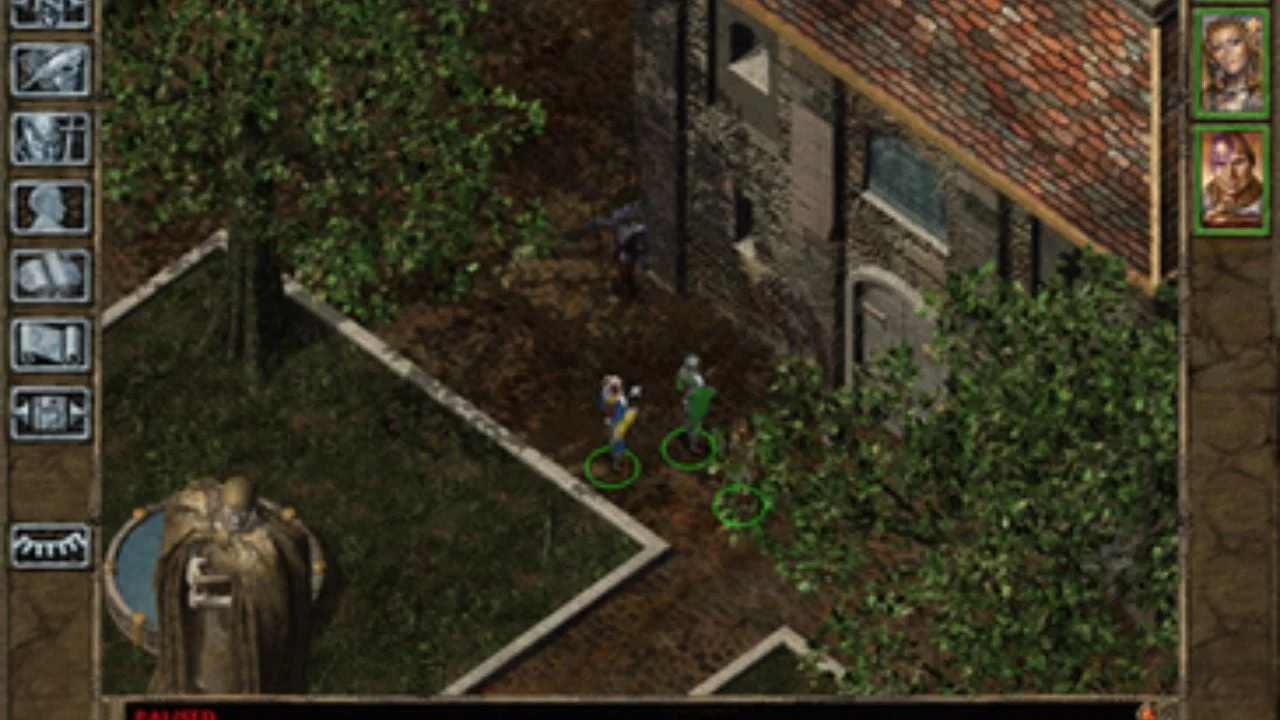
“Baldur’s Gate II: Shadows of Amn” (2000) built upon its predecessor, enhancing every aspect from story to gameplay. Its deep narrative, improved mechanics, and intriguing setting solidified its status as a landmark in RPG history.
10. Mass Effect – The Birth of a Sci-Fi Legend
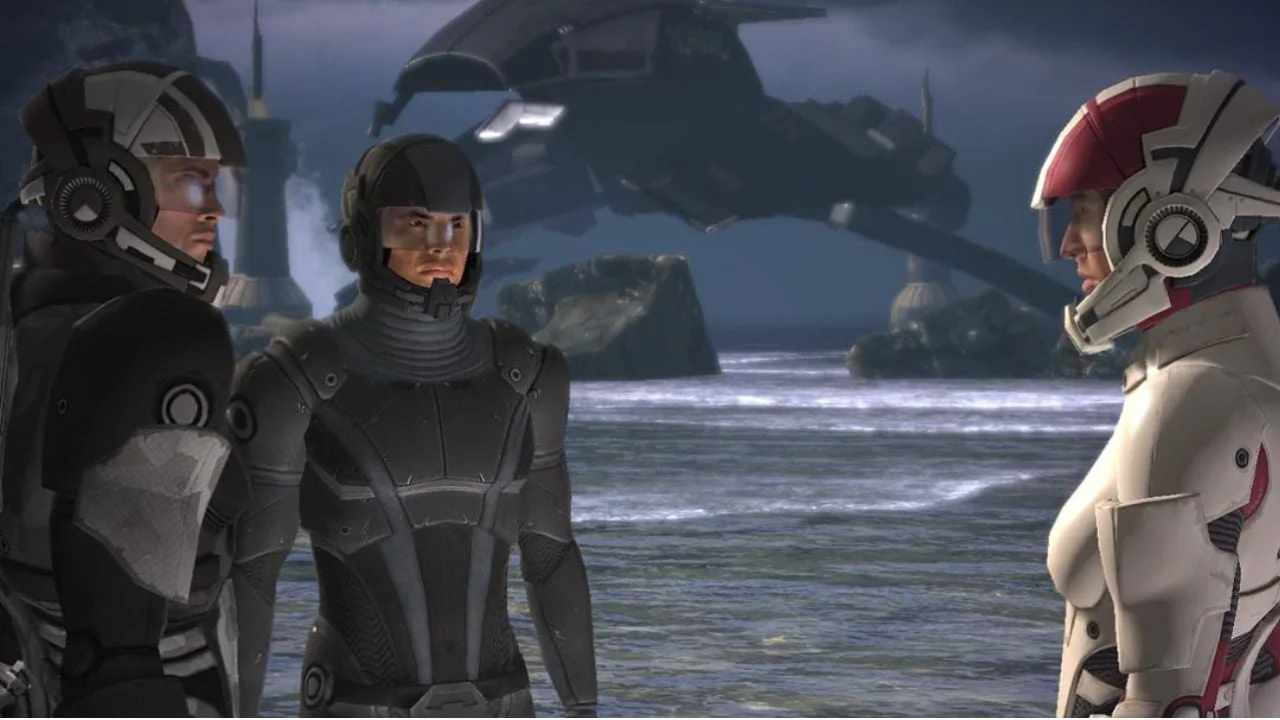
“Mass Effect” (2007) showcased BioWare’s ability to craft its own unique universe. With a rich galaxy filled with diverse alien races and a compelling narrative, it set a high standard for sci-fi RPGs.
11. Dragon Age 2 – A Story in One City
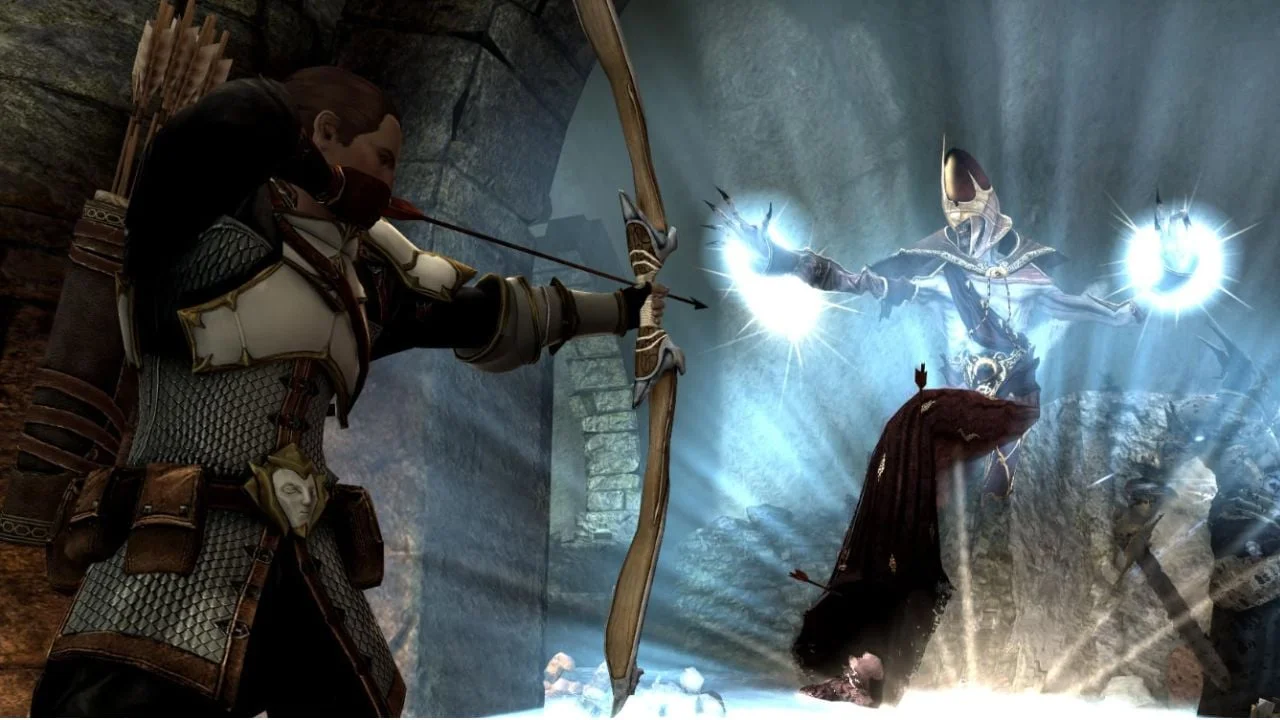
Despite some criticism at launch, “Dragon Age II” (2011) offers a captivating narrative focused on a single city. Its compelling characters, rich lore, and engaging side quests make it a worthy entry in the Dragon Age series.
12. Sonic Chronicles: The Dark Brotherhood – A Surprising Crossover
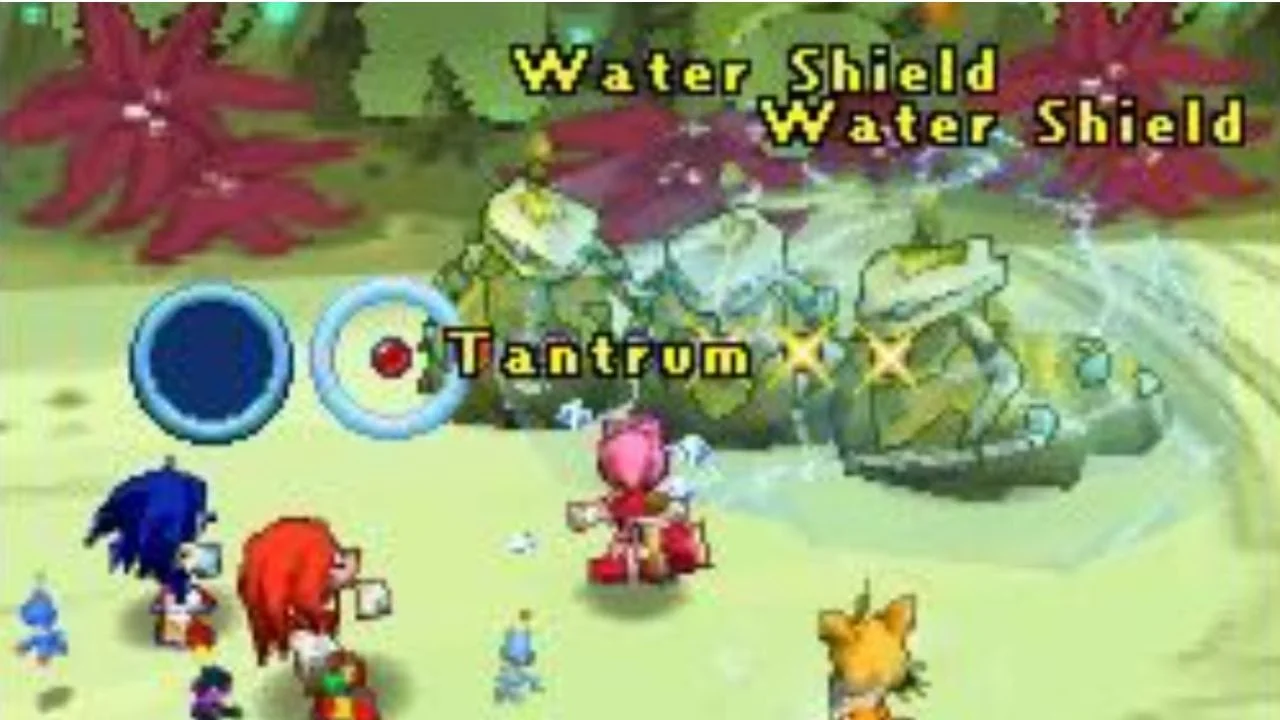
“Sonic Chronicles: The Dark Brotherhood” (2008) took a risk by merging the Sonic universe with RPG mechanics. This Nintendo DS title delivered a unique experience with solid gameplay and an intriguing storyline.
13. Baldur’s Gate – The Foundation of BioWare’s RPG Legacy
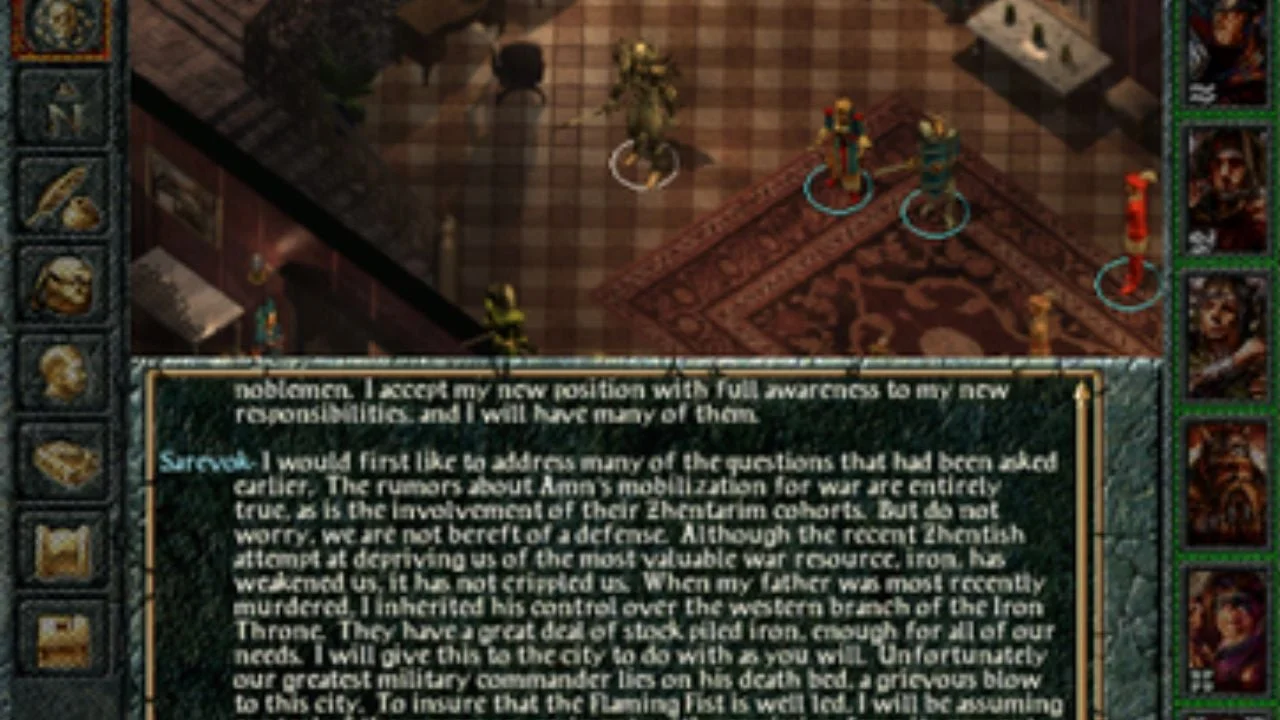
“Baldur’s Gate” (1998) catapulted BioWare to fame. This initial foray into the Dungeons & Dragons world set the stage for future RPGs, establishing important gameplay elements and narrative techniques.
14. MDK2 – An Unexpected Success
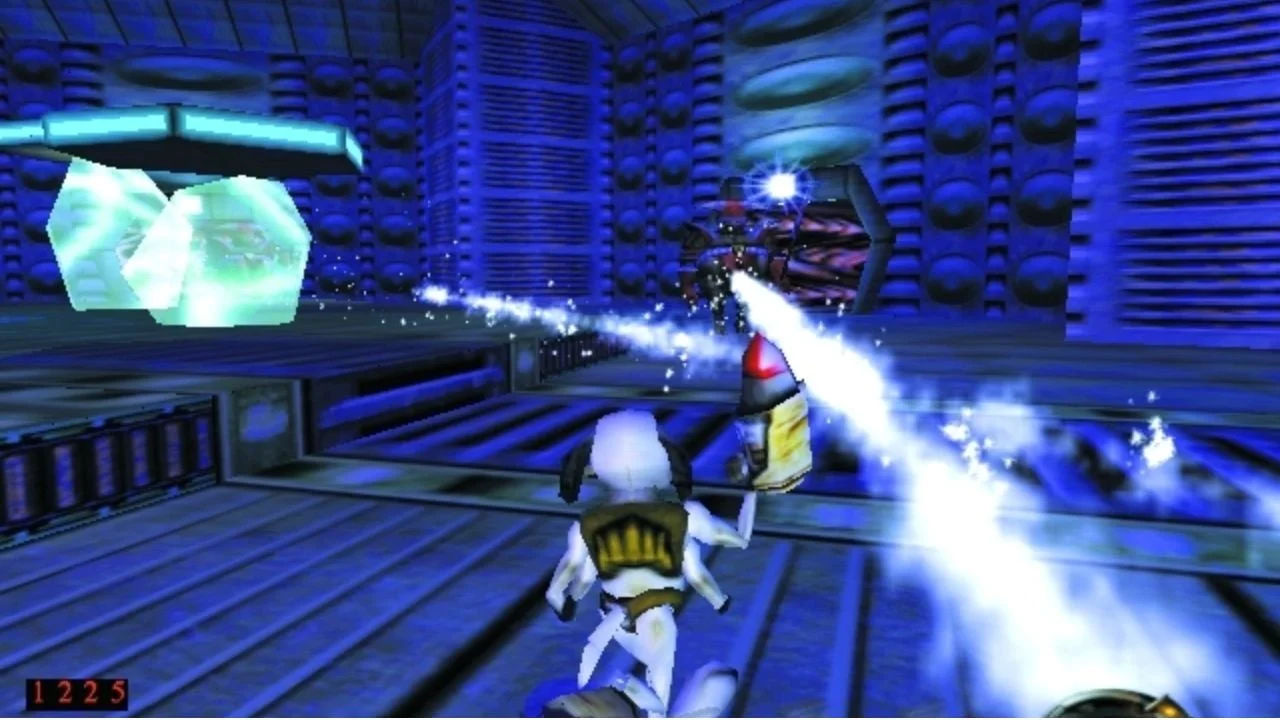
“MDK 2” (2000) was a departure from BioWare’s usual RPG fare. This third-person shooter sequel offered intense action, smart platforming, and puzzles, proving BioWare’s versatility in game development.
15. Mass Effect: Andromeda – A New Galaxy to Explore
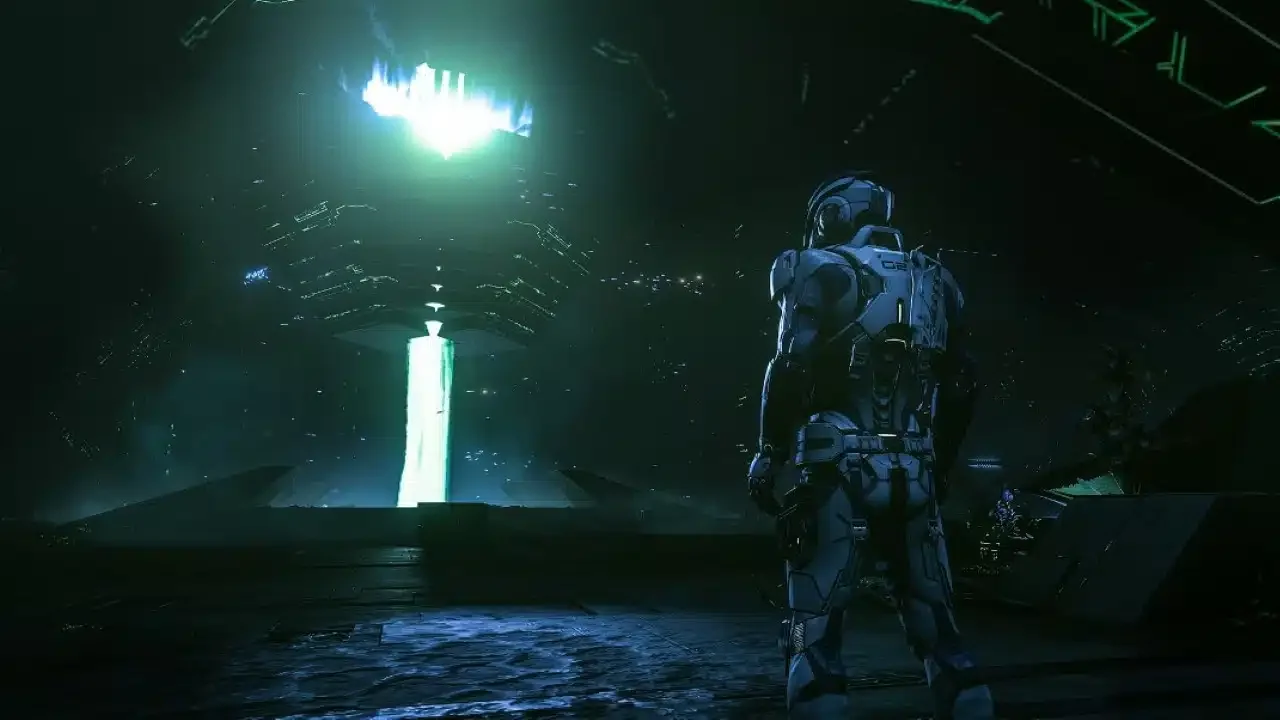
Although “Mass Effect: Andromeda” (2017) is considered the weakest in the series, it introduced new heroes and planets. Its story and aesthetics were commendable, despite not reaching the heights of its predecessors.
16. Dragon Age: Inquisition – An Open-World Experiment
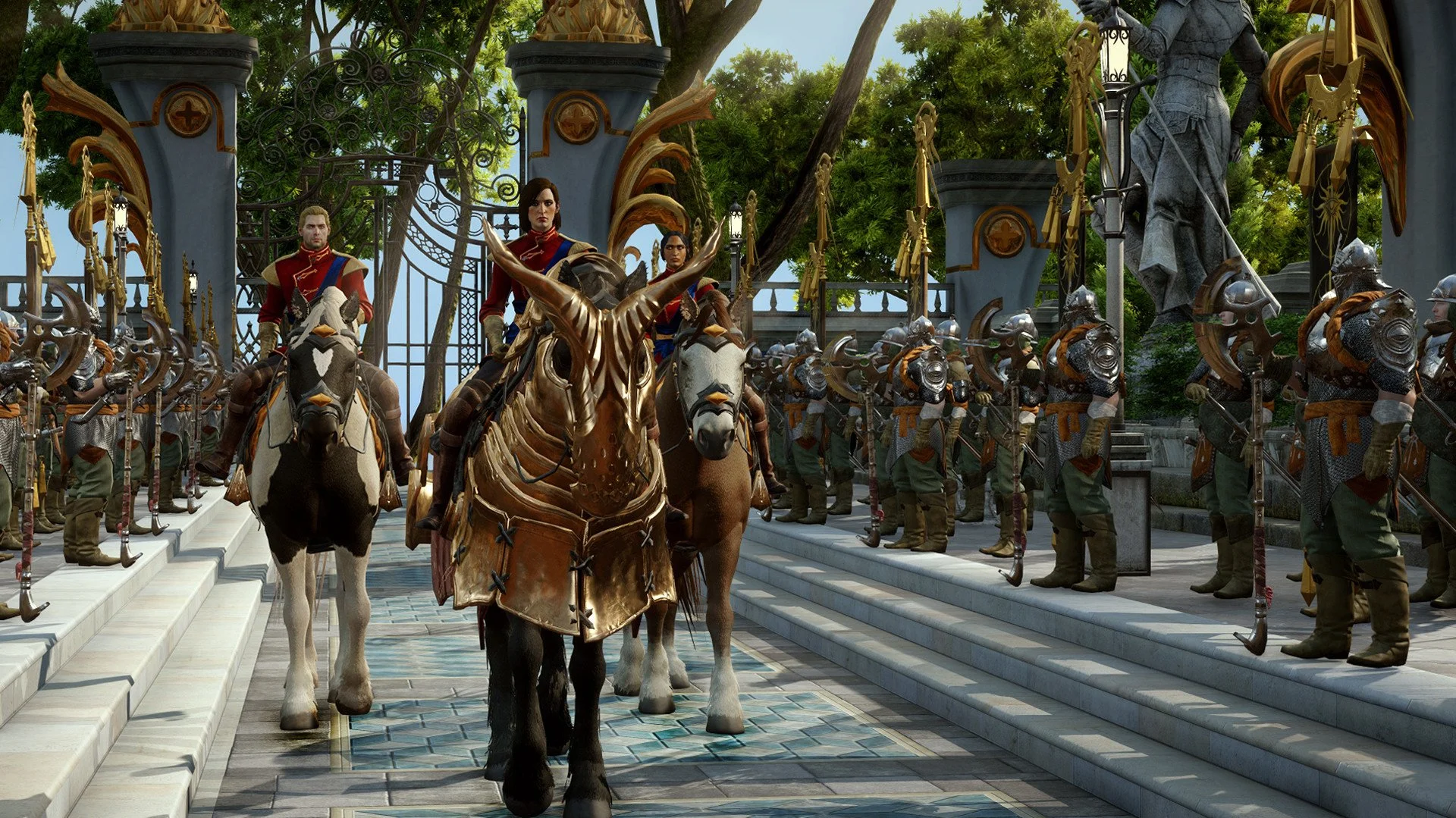
“Dragon Age: Inquisition” (2014) marked a shift towards a more open-world style for BioWare. While it had a decent story, the game lost some of the charm and depth of its predecessors, leaning more towards quantity over quality.
17. Anthem – A Missed Opportunity

“Anthem” (2019) aimed to be a groundbreaking sci-fi games-as-a-service experience. Despite its impressive visuals and movement mechanics, the gameplay depth and content fell short, leading to its eventual discontinuation.
18. Dragon Age Legends – A Social Media Foray
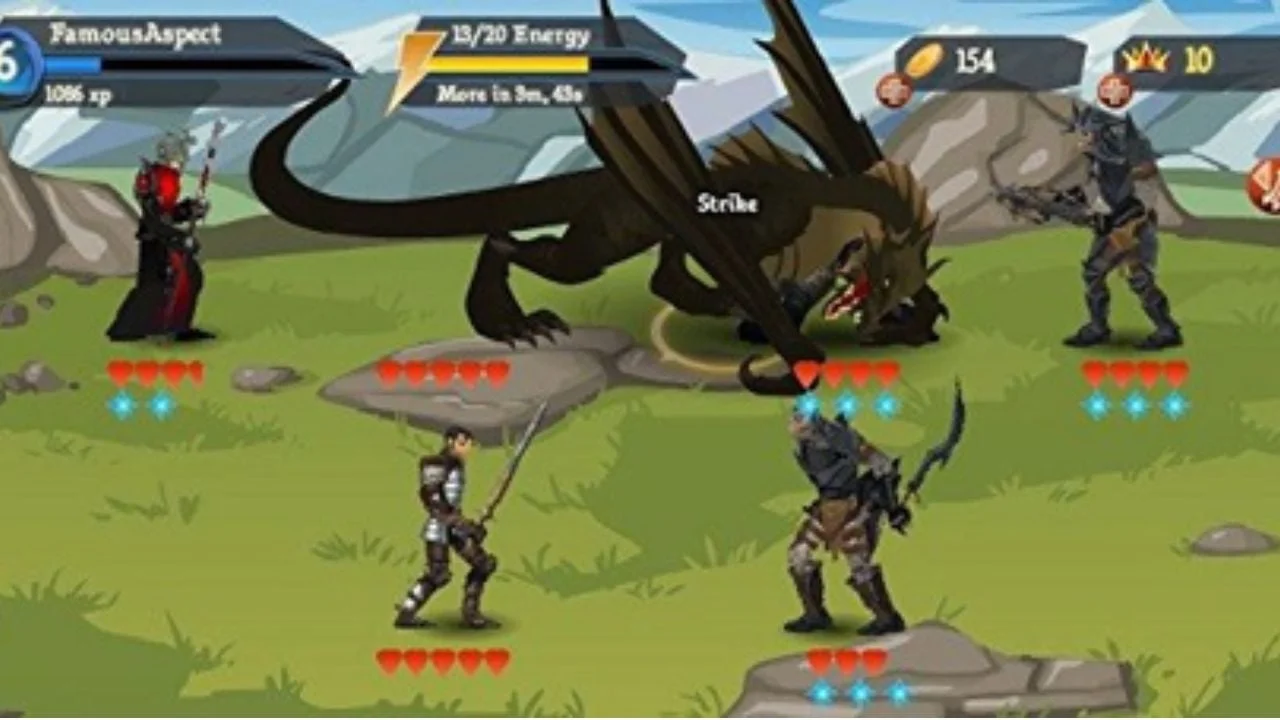
“Dragon Age Legends” (2011) brought BioWare’s fantasy world to Facebook. This unique spin-off offered turn-based battles and a dedicated canon storyline, making it an interesting, if unconventional, addition to the Dragon Age series.
19. Mass Effect Galaxy – A Mobile Adventure
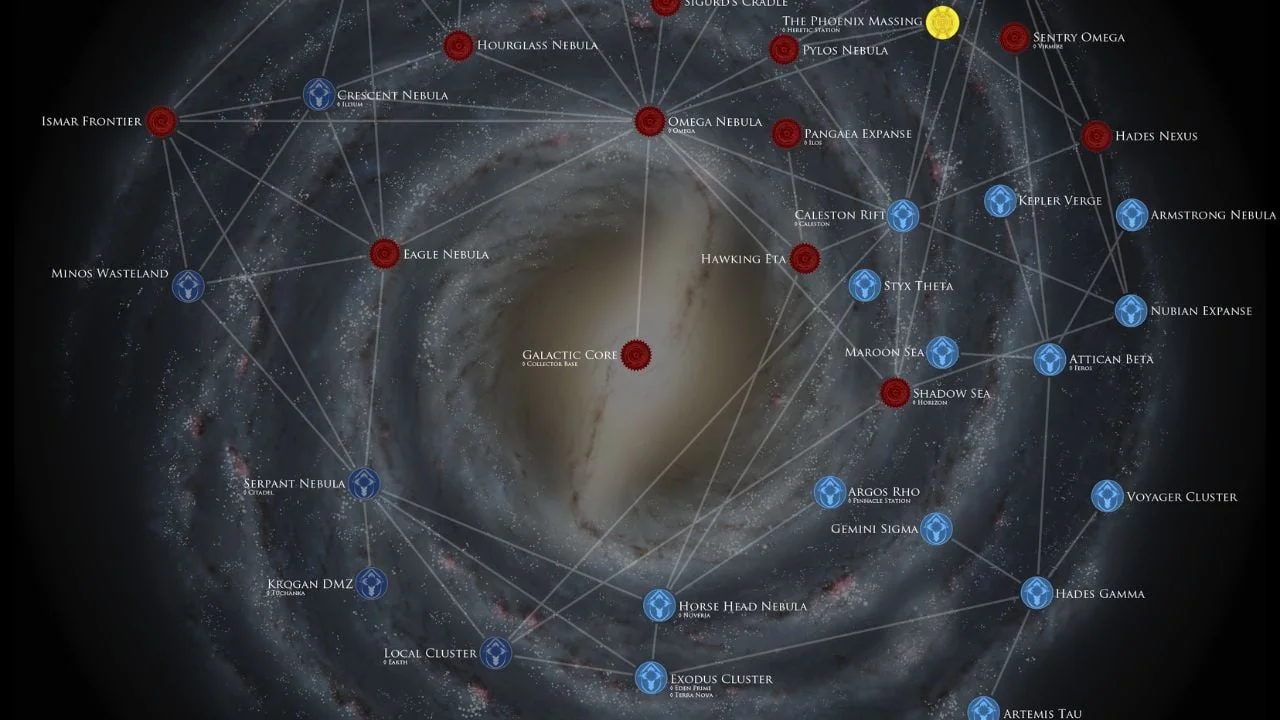
“Mass Effect Galaxy” was a mobile entry that focused on characters Jacob and Miranda. Its top-down shooter mechanics and comic book style provided a brief yet enjoyable handheld experience.
20. Shattered Steel – BioWare’s First Venture
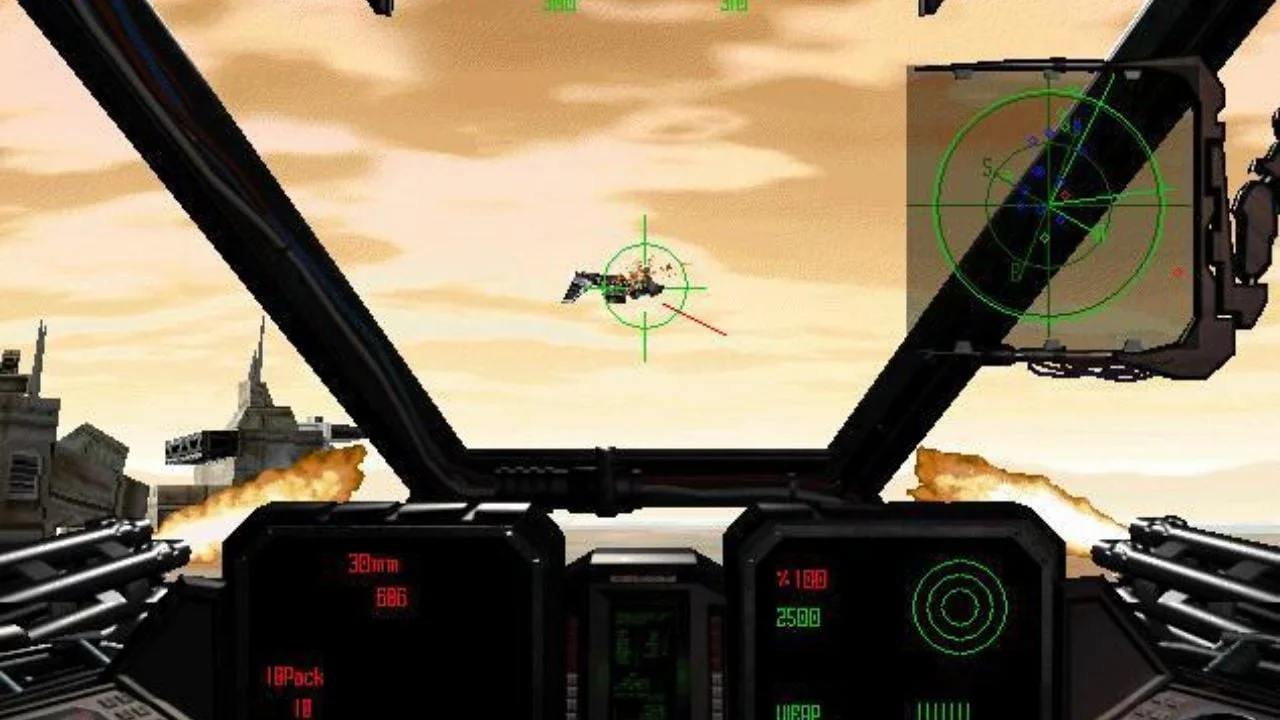
BioWare’s debut game, “Shattered Steel” (1996), was a mech simulation title that differed from its later RPGs. Despite dated graphics, its extensive campaign and multiplayer capabilities showcased the studio’s early potential.
21. Warhammer Online: Wrath of Heroes – An Unfinished MOBA
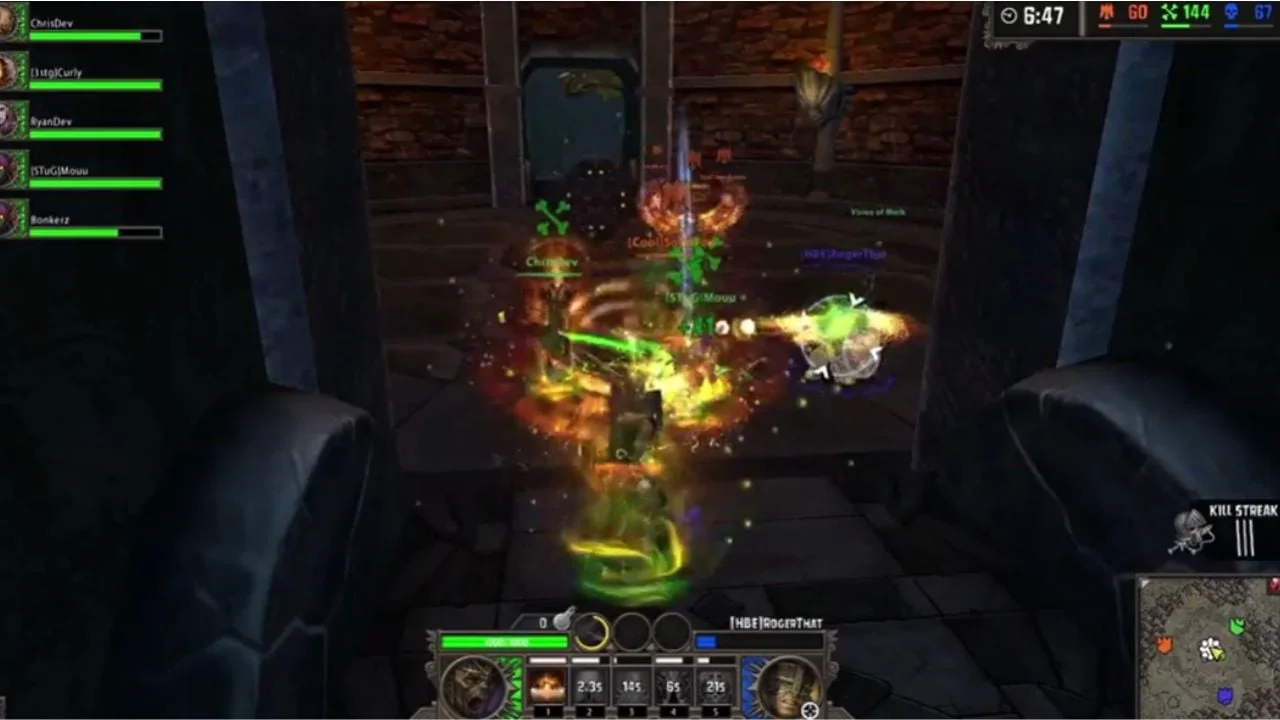
Lastly, “Warhammer Online: Wrath of Heroes” was a MOBA interpretation of the Warhammer universe. Though it never progressed beyond beta, its strategic gameplay demonstrated BioWare’s willingness to explore different genres.
BioWare’s Lasting Impact in Gaming
From groundbreaking RPGs to ambitious experiments, BioWare’s portfolio is a testament to its innovation and influence in the gaming industry. The studio’s legacy is defined by its ability to create immersive worlds, complex characters, and engaging narratives, leaving an indelible mark on the RPG genre. As fans eagerly anticipate future releases, BioWare’s history stands as a reminder of the creative potential and storytelling prowess that video games can offer.
Whether exploring galaxies in “Mass Effect,” delving into fantasy realms in “Dragon Age,” or journeying through the iconic worlds of “Star Wars,” BioWare has continuously set the bar for immersive gaming experiences. The legacy of BioWare games will undoubtedly continue to inspire and captivate gamers for years to come.


